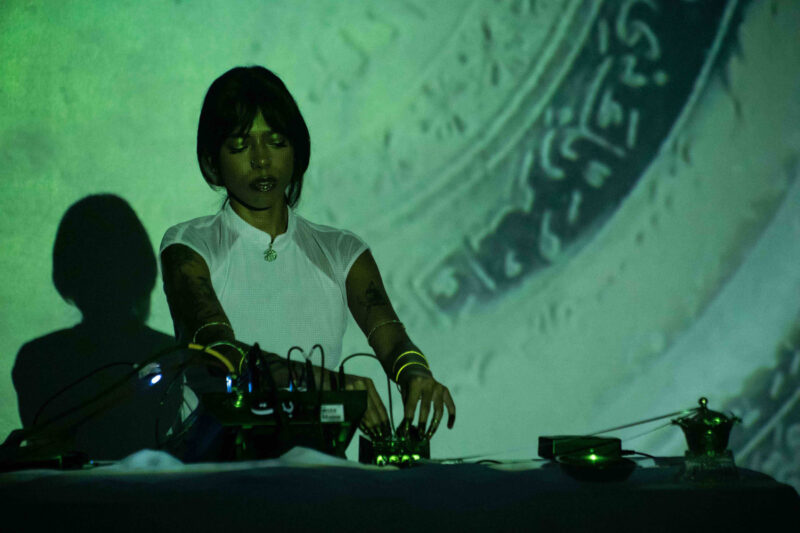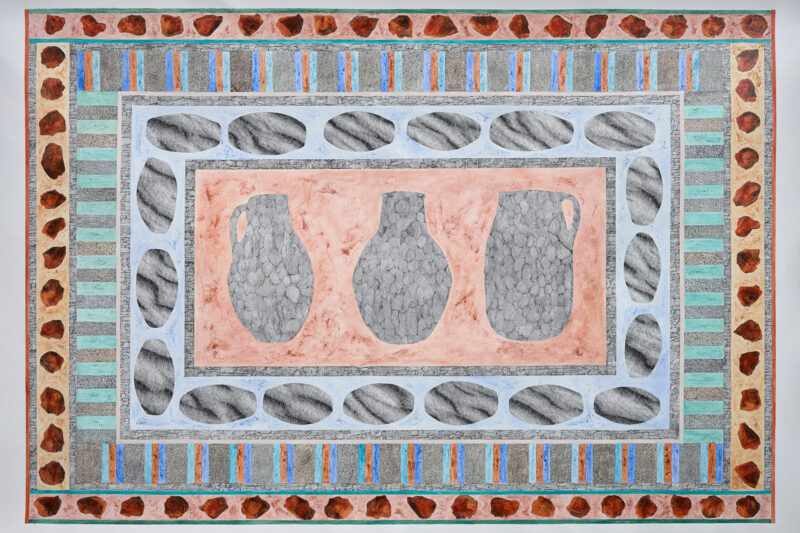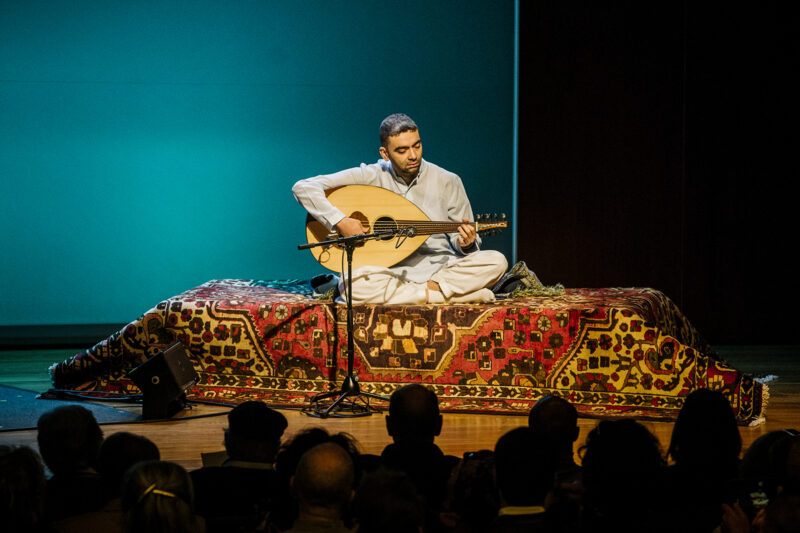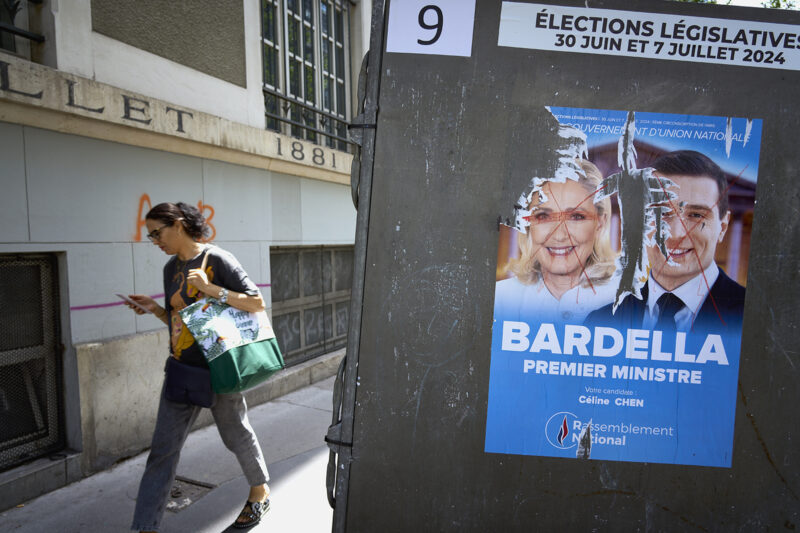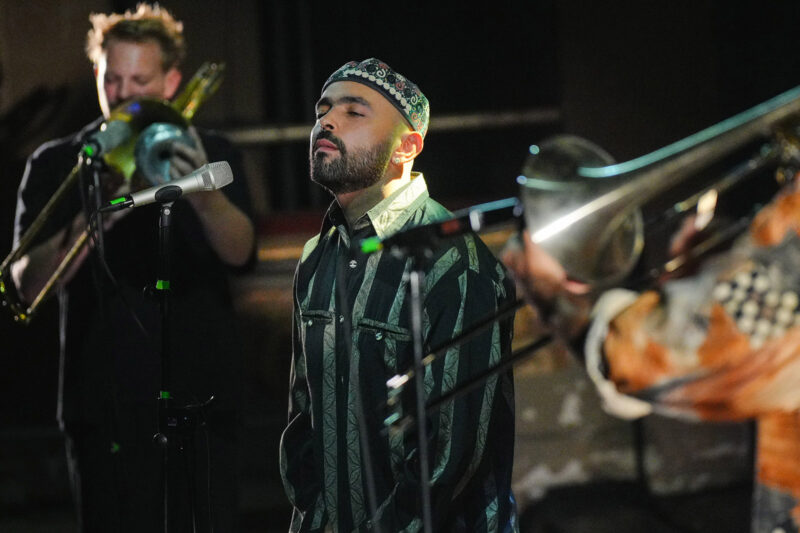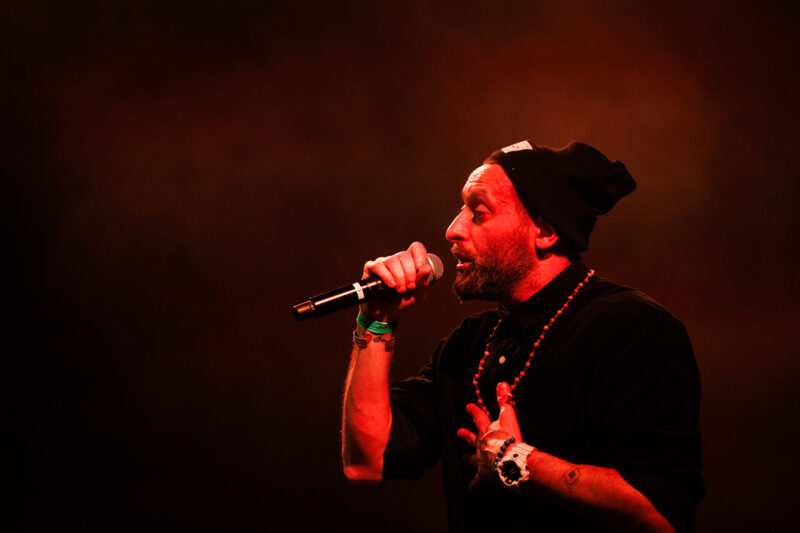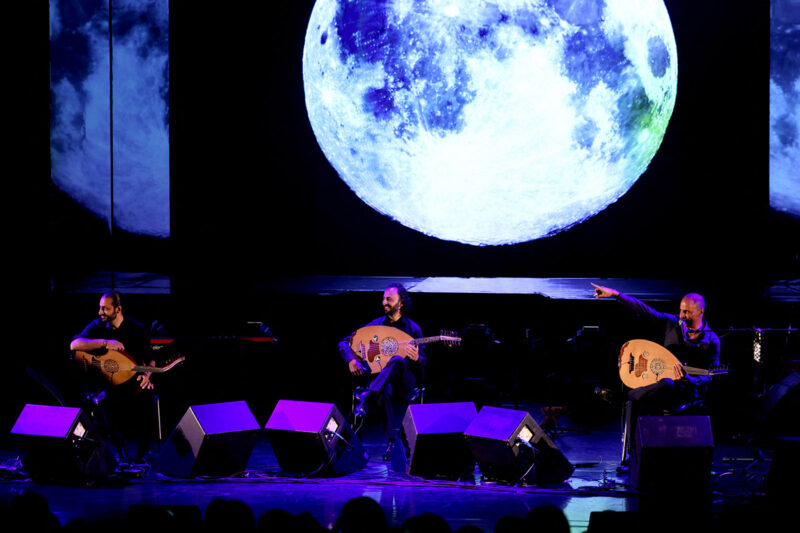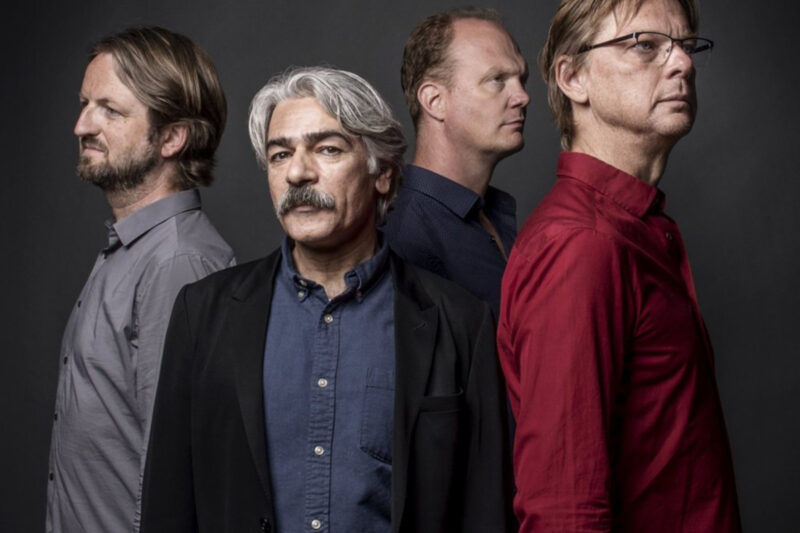Habibi Funk is unearthing rare Arabic grooves for a new generation of fans
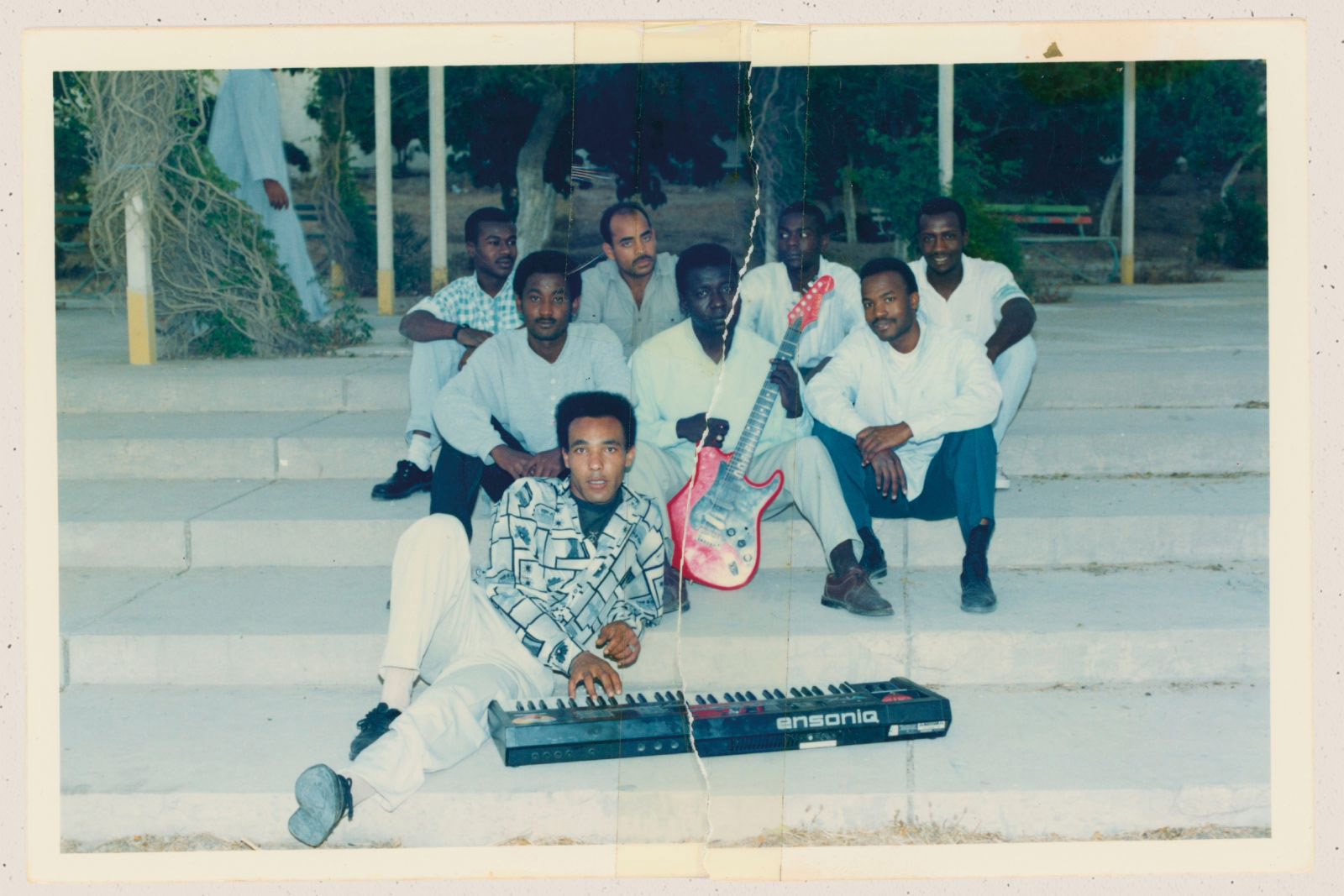
From Libyan reggae to Moroccan rock and Sudanese jazz, the Berlin-based label keeps on discovering hidden musical gems
“When we started the label 10 years ago, we felt like we might run out of material,” says Jannis Stürtz, the man behind the popular reissue label Habibi Funk. “But the more you spend time with this music from the Arab world, the more you realise there could be 50 labels doing what we’re doing and none of us would ever run out of amazing songs.”
Over the past decade, Habibi Funk has carved out a unique niche, bringing a diverse range of music from the Mena region to a whole new fanbase. The label’s story began with a 1972 Moroccan cover version of the British rock group Free’s hit All Right Now. Stürtz stumbled across the dusty 7-inch in a Casablanca record shop and repressed it in 2015. Since then, Habibi Funk has released 31 records, including five compilations. Featured artists range from the Libyan reggae artist Ahmed Ben Ali to Sudanese jazz band The Scorpions and Beiruti folk singer-songwriter Rogér Fakhr.
Each Habibi Funk release comes complete with a booklet featuring interviews and explainers on the musical scenes the artists originate from. “We simply exist as a bridge between the music we like and a bigger audience,” Stürtz says, surrounded by boxes of vinyl stock in his Berlin apartment. “It’s important to provide context to this music from the Arab world that has otherwise been lost to time. If people want to listen to the records, go down the rabbit hole and discover new genres. That’s really exciting but, equally, if you just want to put it on while you’re cooking on a Sunday, that’s perfect too.”
Stürtz’s career in the music industry began as co-founder of the independent label Jakarta Records. While Jakarta largely focused on leftfield hip-hop and beatmakers, it was during a stint tour-managing the rapper Blitz the Ambassador that Stürtz began his journey into music from the Arab world. While hunting for other funk-influenced, Arabic-language gems, Stürtz began uploading mixes to Soundcloud and steadily built a DJ presence of his own. A decade on and he now throws Habibi Funk shows around the world, including a 2019 Beirut Boiler Room set that has picked up more than 250,000 views.
Releasing music, however, is the label’s foundation and labour of love for Stürtz. Typically starting with crate-digging trips to favourite record stores in Cairo or Beirut, he unearths a compelling sound or story, then embarks upon what can turn into months of painstaking detective work.
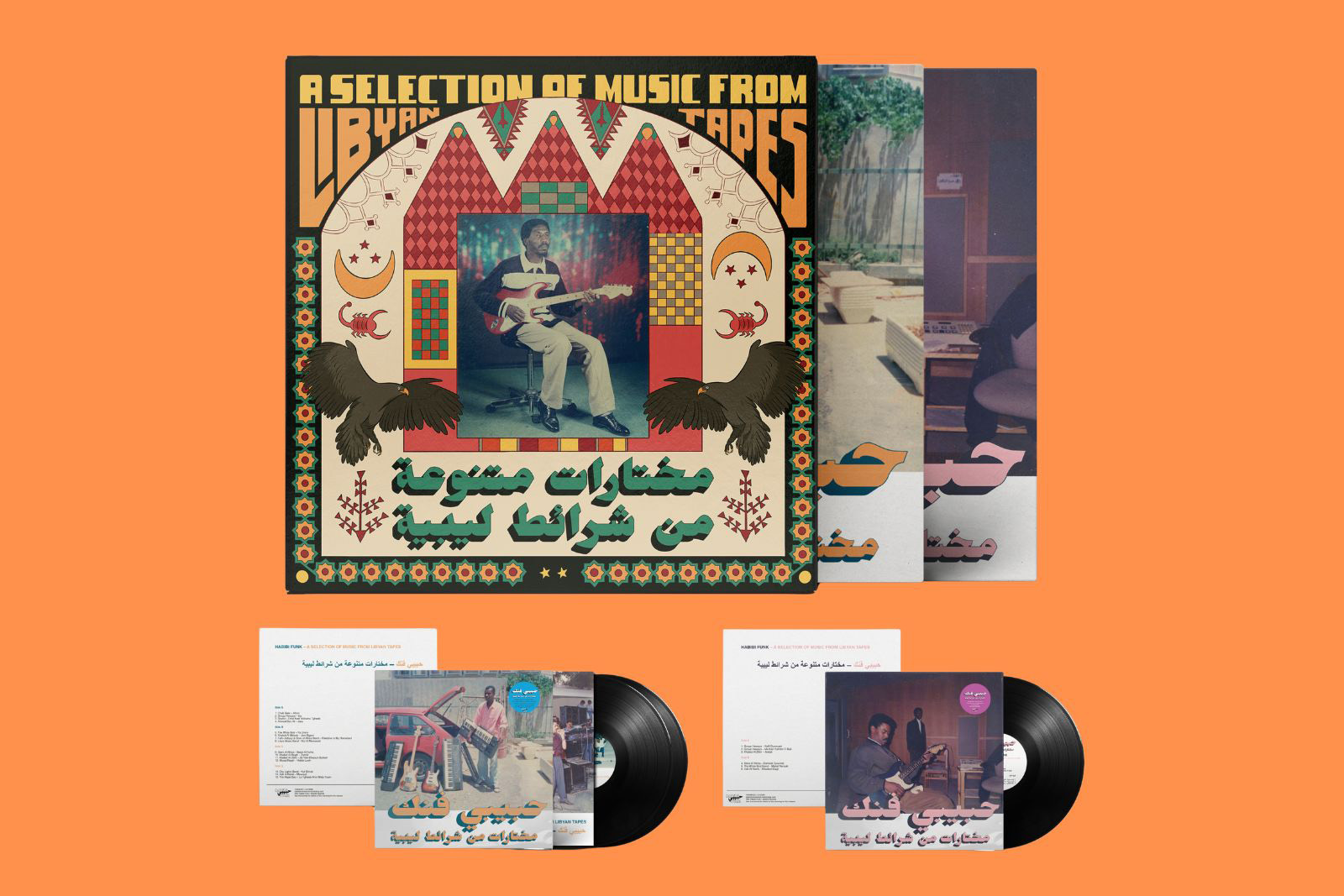
While some of the artists on Habibi Funk’s roster are alive and well, others, including the Algerian composer Ahmed Malek and Sudanese jazz artist Kamal Keila, are no longer with us. Conversations with local people in cafes, online sleuthing and following the six-degrees-of-separation rule have all been used to track down surviving band members and relatives. Once those connections have been made, meetings are arranged to explain the label’s work and begin the process of digitising and licensing.
Sometimes it all comes down to luck. Stürtz managed to track down Malek’s family after a chance meeting with a friend of the composer’s sister while DJing in Beirut. The label’s latest release, A Selection of Music from Libyan Tapes, was altogether more difficult to put together, though.
“It all started in 2019 when I came across a release by [the Libyan reggae group] White Bird Band and, in the process, discovered a cassette factory in Tunisia that had about half a million tapes of stock still in the warehouse,” Stürtz says. “We began sifting through the music and realised so much of it came from Libya but, because of the political situation there, none of us in the office could travel to meet the artists or their families.”
Stürtz tracked down a fixer inside the country who began discussions and started ferrying tapes of original material to Cairo, where Stürtz digitised them in his hotel room. Paying for the licences, however, was more complicated.
“You can’t make bank transfers into the country and there’s a gap between the bank currency rate and the black market rate, even if you could,” Stürtz says. “We ended up doing things like handing over an envelope of cash to a logistics company who could transport the funds directly, which is so risky since there’s no receipt or any way to know it’s getting there safely.”
The fees were paid, though, and the 15-track compilation will be released. It serves as a glorious testament to a musical crossroads that existed in Libya from the 1980s to the early 2000s. During the rule of Colonel Muammar Gaddafi, independent artists in the country developed their own underground scene that drew influence from around the world, recording tunes to tape in dark basements, then hand-distributing the cassettes.
The resulting music comprised everything from the frenetic jungle-style breaks and dub bass of singer Cheb Bakr’s opening track Allom to the synth-funk of Stars of Africa’s Baed Al Farha and the slinky piano house of Khaled Al Zlitni’s Jiti Yam Eloyoun Buhoor.
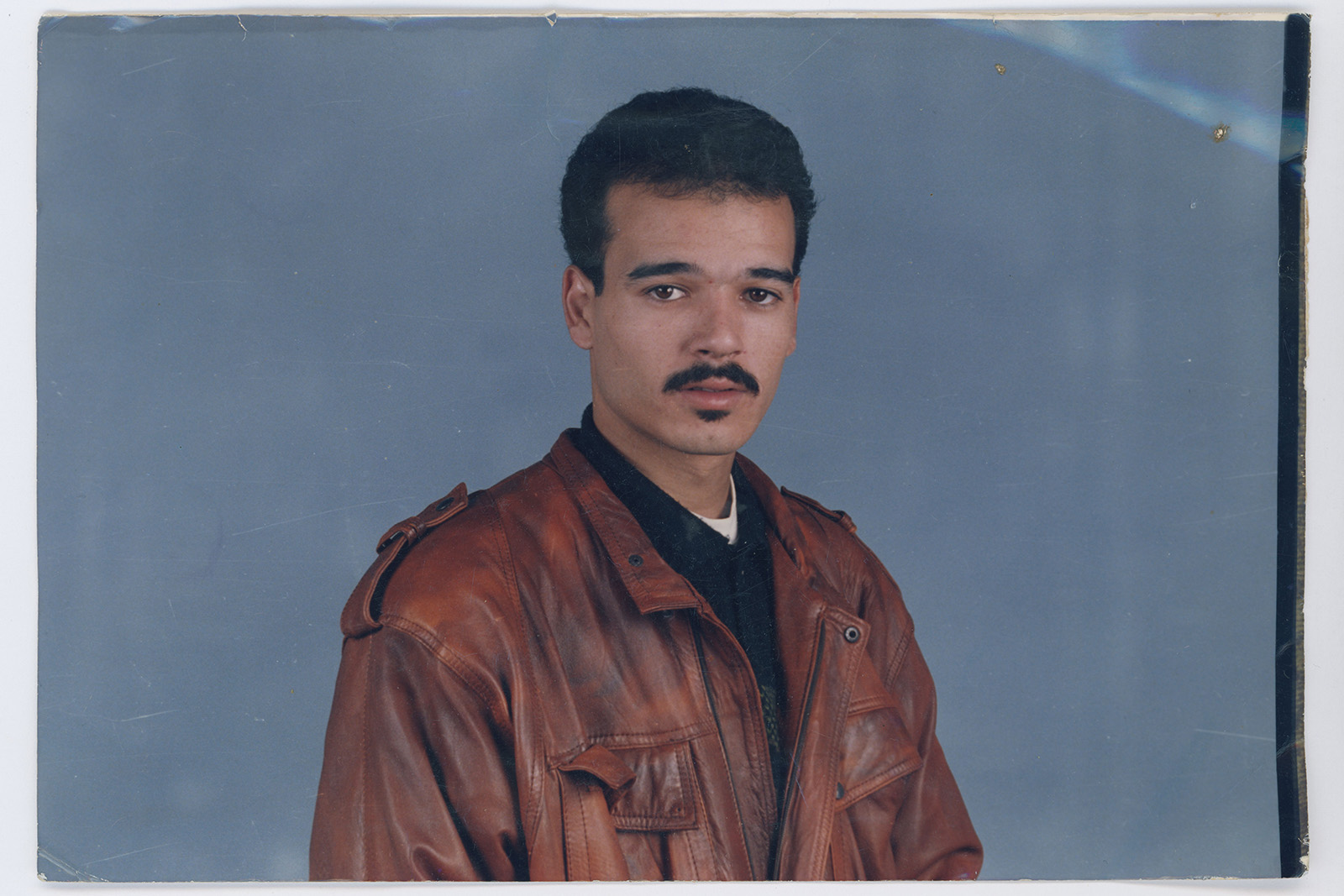
“You’re not just reissuing a good song with these tracks,” Habibi Funk product manager Fatima Sabouni says. “They are artefacts of family heritages and entire cultures. I spoke to dozens of these artists and their families to create the record booklet and discovered how reggae took off in Libya because it has a similar rhythm to traditional shaabi music and resonates with these artists’ African roots. There is so much to discover from just one track.”
When it comes to releasing such archive material, Habibi Funk performs a delicate balancing act between commerce and curation, and Stürtz has been transparent about the label’s licensing deals from the start.
“We are very aware of our position as a German label dealing with artists in countries with a history of colonisation and we don’t want to repeat that dynamic,” he says. “We share profits 50/50. When we started, there were only a few labels that were similarly vocal but now the discourse has shifted and profit splits feel much more normalised. We’re not thinking about grand financial plans at the beginning of each year; instead we just go from project to project, looking for beautiful music that deserves to be heard.”
Stürtz might not be working to a five-year plan but Habibi Funk doesn’t show any signs of slowing down just yet. When we speak, he is just back from a trip to Cairo with Sabouni, investigating the history of North African Nubian music. Fakhr is also back in the studio recording new music and the label has just put out a record from its first contemporary artist, Charif Megarbane, who also played in Fakhr’s backing band on tour.
“We’re open to working with more contemporary artists as long as the sound fits,” Stürtz says. “In a landscape where tours are getting cancelled and labels are closing, we’re lucky to be growing slowly and steadily. It’s testament to the fact that people have found a community through our parties and this music — they want to hear more and there’s plenty to be discovered.”
 Newsletter
Newsletter


